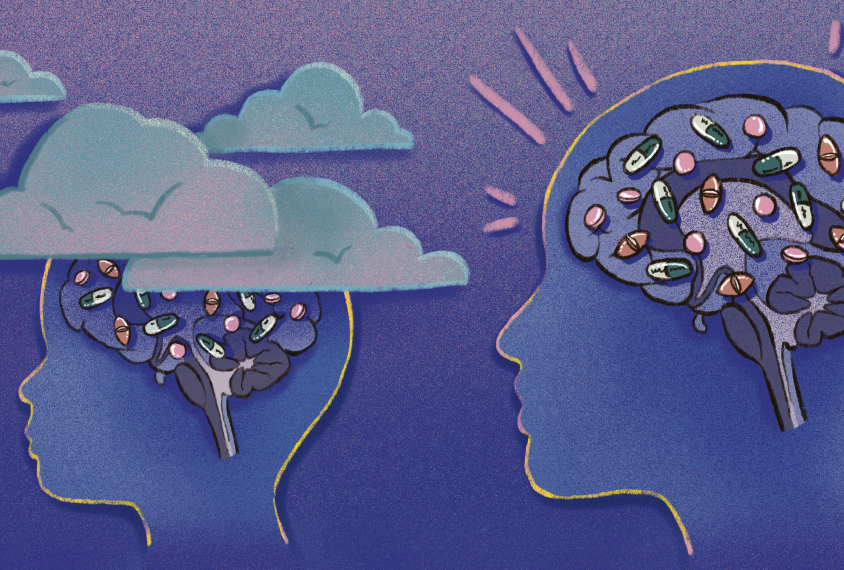Jeremy Veenstra-VanderWeele uses molecular and translational neuroscience research tools in the pursuit of new treatments for autism.
Jeremy Veenstra-VanderWeele
From this contributor
Why serotonin medications may yet help children with autism
A class of medications used to treat obsessive-compulsive disorder seems to ease compulsive behaviors in adults with autism. Why can't we tell if these medications work similarly in children with the condition?

Why serotonin medications may yet help children with autism
How to evaluate new medications for autism
There are no available medications for treating autism’s core symptoms, but there are several candidates in clinical trials. Jeremy Veenstra-VanderWeele describes the factors researchers must take into account when developing drugs for the disorder.

How to evaluate new medications for autism
Explore more from The Transmitter
New autism committee positions itself as science-backed alternative to government group
The Independent Autism Coordinating Committee plans to meet at the same time as the U.S. federal Interagency Autism Coordinating Committee later this month—and offer its own research agenda.

New autism committee positions itself as science-backed alternative to government group
The Independent Autism Coordinating Committee plans to meet at the same time as the U.S. federal Interagency Autism Coordinating Committee later this month—and offer its own research agenda.
Two neurobiologists win 2026 Brain Prize for discovering mechanics of touch
Research by Patrik Ernfors and David Ginty has delineated the diverse cell types of the somatosensory system and revealed how they detect and discriminate among different types of tactile information.

Two neurobiologists win 2026 Brain Prize for discovering mechanics of touch
Research by Patrik Ernfors and David Ginty has delineated the diverse cell types of the somatosensory system and revealed how they detect and discriminate among different types of tactile information.
Shifting neural code powers speech comprehension
Dynamic coding helps explain how the brain processes multiple features of speech—from the smallest units of sounds to full sentences—simultaneously.

Shifting neural code powers speech comprehension
Dynamic coding helps explain how the brain processes multiple features of speech—from the smallest units of sounds to full sentences—simultaneously.